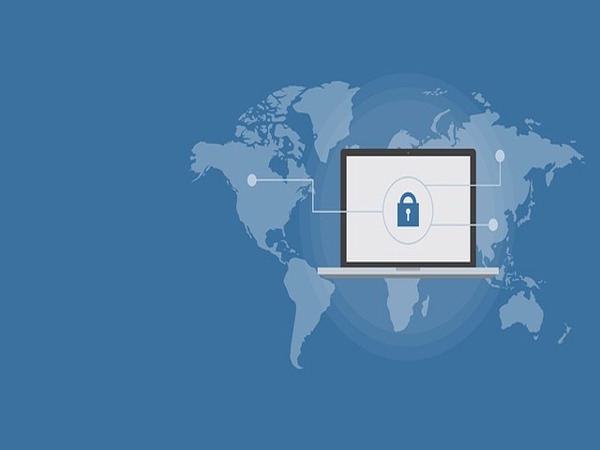I run a small business in Lagos, Nigeria. My journey into entrepreneurship was filled with challenges, but I never imagined that cyber threats would become one of them. This is the story of how a simple mistake almost cost me everything and the lessons I learned about cybersecurity for small business owners.
The Incident
One quiet Monday morning, I received an email that appeared to be from one of my suppliers. The email was professional, with the company logo and even a signature that matched previous emails. They requested a payment for an urgent order, and without a second thought, I wired the funds. It wasn’t until I followed up with my supplier later that day that I realized something was wrong—they had never sent that email. I had fallen victim to a phishing scam, and my business’s bank account was significantly drained.
The Aftermath
Panic set in immediately. How could I have been so careless? The bank informed me that the chances of recovering the funds were slim, and I was left to deal with the financial blow. Worse still, the breach of my business’s financial security had shaken my confidence and trust in digital communications.
Lessons Learned
This experience forced me to rethink how I handled cybersecurity for my business. Here’s what I did to prevent such an incident from happening again and what every small business owner in Nigeria should consider:
Invest in a Secure Email Platform: I switched to a more secure email service that provides advanced phishing detection and encryption. This was the first step in ensuring that my business communications were protected from similar attacks.
Regular Training and Awareness: I organized regular training sessions for my employees, educating them about the latest cybersecurity threats and how to recognize them. We practiced identifying phishing emails, understanding the risks of unsecured networks, and the importance of strong passwords.
Two-Factor Authentication (2FA): Implementing 2FA across all our business accounts added an extra layer of security. Even if a password is compromised, the chances of unauthorized access are significantly reduced with 2FA.
Use of Virtual Private Networks (VPNs): Given the rise of cybercrime in Nigeria, using VPNs became a standard practice in my business, especially when accessing sensitive information or making financial transactions. VPNs help protect our data from being intercepted on public Wi-Fi networks.
Strong, Unique Passwords: I enforced the creation of strong, unique passwords for every account. Passwords are changed regularly, and we avoid using the same password across multiple accounts. This simple step can prevent unauthorized access even if one account is compromised.
Regular Software Updates: I learned the importance of keeping all software and systems up to date. Cybercriminals often exploit vulnerabilities in outdated software, so regular updates are crucial in keeping our systems secure.
Data Backup and Encryption: I began to back up all important data regularly and ensured that these backups were encrypted. This way, even if our systems were compromised, we wouldn’t lose valuable information, and it would remain inaccessible to hackers.
Implementing Firewalls and Antivirus Software: I invested in robust firewall and antivirus solutions to protect our internal networks from potential threats. These tools monitor for suspicious activity and block unauthorized access, adding an essential layer of defense.
Vendor Verification Process: Before making any payments, I now have a strict process in place to verify the authenticity of vendor requests. This includes direct confirmation through a different communication channel, like a phone call, to ensure that the request is legitimate.
Incident Response Plan: Lastly, I developed a cybersecurity incident response plan. Knowing exactly what steps to take in the event of a breach can minimize damage and help recover faster. My employees and I are trained on this plan, ensuring that we’re prepared if the worst happens.
Conclusion
My encounter with cyber fraud was a harsh wake-up call, but it taught me invaluable lessons about the importance of cybersecurity. As a small business owner in Nigeria, safeguarding my business against cyber threats is no longer optional—it's a necessity. By implementing these cybersecurity practices, I’ve not only protected my business from future attacks but also restored my confidence in operating in the digital world. If you’re a small business owner, don’t wait until it’s too late. Take steps now to protect your business from the growing threat of cybercrime.

.jpg)







